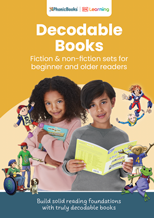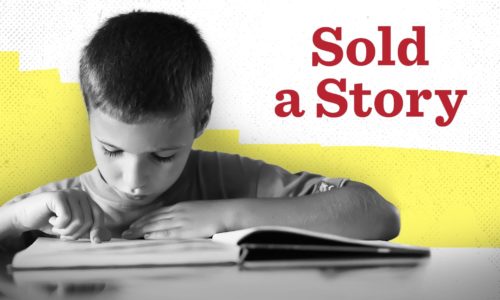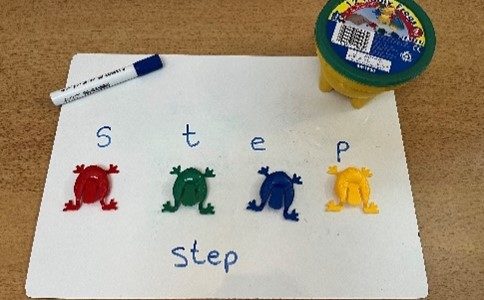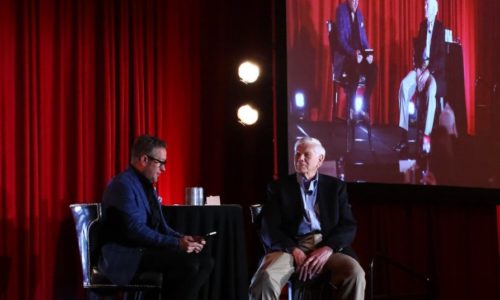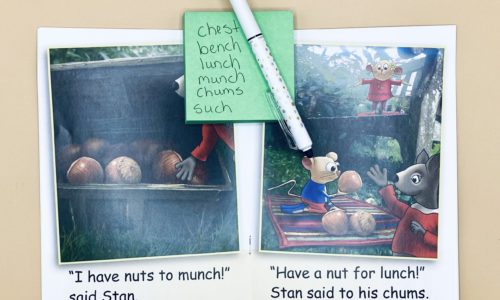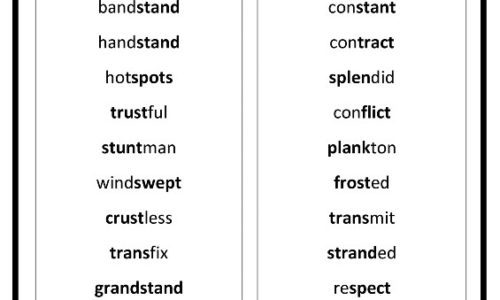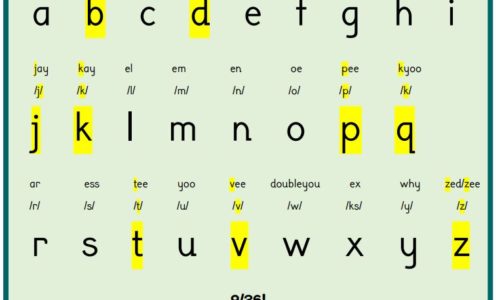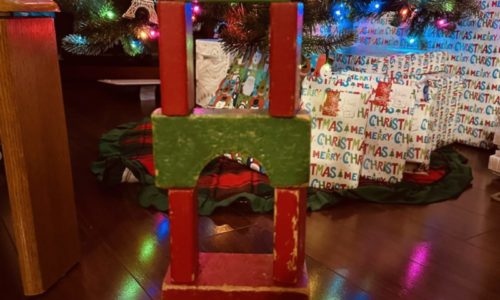
We all want our children to find learning to read exciting and enjoyable, but what happens when they get stuck? Should we be quick to help, or wait and let them figure it out themselves? With the help of a set of building blocks, literacy specialist, Savannah Campbell, explains how we can encourage productive struggling.…
Read More
